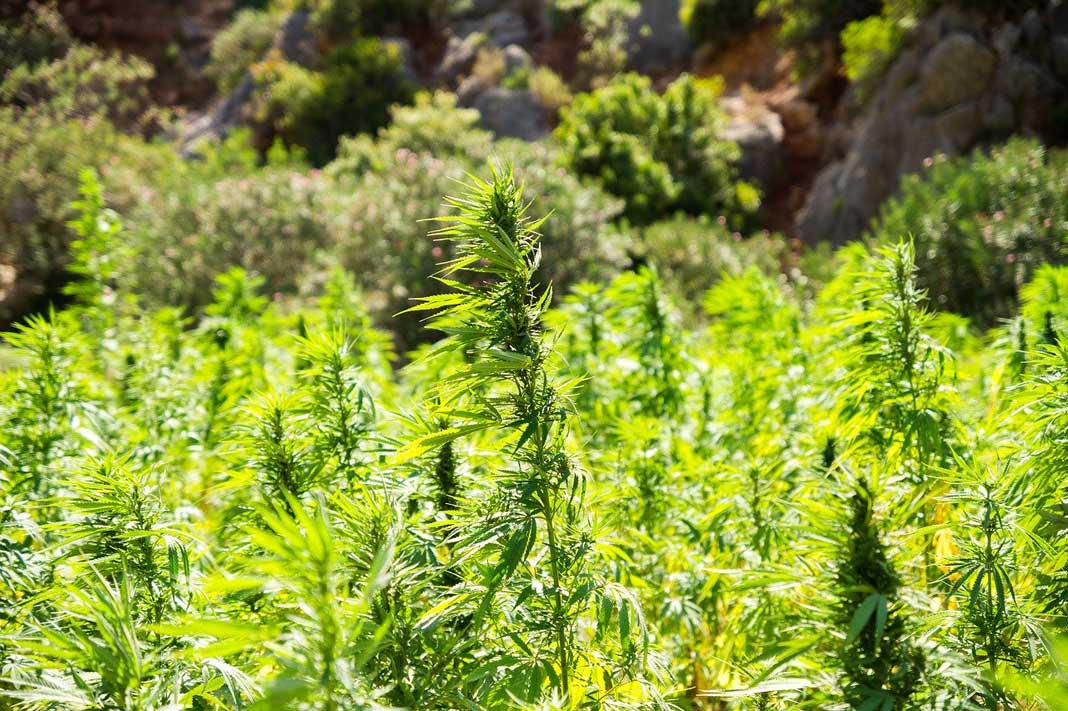Every single bottle of CBD oil I’ve reviewed has highlighted that it is organic, a badge of pride, however with all of them quoting the same point, it left me curious. Can you buy non organic CBD oil? What is the key difference? Does it need to be organic? Well, I’ve done the research and gathered all the info for you below.
What Is Organic CBD Oil?
This means that the oil has been certified organic, which according to the US Department of Agriculture means it has ‘grown on soil that had no prohibited substances applied for three years prior to harvest’. To qualify as an organic product, the farming practices have to be very strict. These are federal guidelines and if you quoted organic but weren’t, it would be a criminal offence. This doesn’t mean the farmer won’t use any synthetic substance, but that the substance must be approved by the appropriate body as acceptable and non harmful.
So there are two steps here. The first, as mainly covered above, is that it is grown organically without the inclusion of any prohibited substances such as pesticides and synthetic fertilisers. The second step is the extraction process, which is normally CO2 extraction, however it is imperative no synthetic chemical additives are used in the process.
Why Choose An Organic CBD Oil?
One of the most critical reasons is due to how porous hemp is as a plant. It very easily can extract toxins put into the soil. So when you see normal food types in the shops and you see the organic and non-organic options, this doesn’t mean all those foods have plenty of pesticides packed into them, but non organic hemp will potentially have absorbed metals and toxins. As it pulls it through the soil, it will be present in the oil that you drink.
Nowadays, CBD oil is used for an increasing number of purposes and audiences. People are now giving it to their pets, which might have a bad reaction to a non-organic version if it contains those toxins.
Another negative that is probably less considered is that pesticides will kill all bugs, regardless of whether they’re a pest or not. This means many pollinators are killed in the process, which are a hugely important part of our ecosystem.
But it’s not just the pollinators that are being affected, the soil itself is damaged by these chemicals. Often the soil is unusable afterwards if using pesticides, so to help improve it, they add further chemical fertilisers. As farmers continue to use these pesticides, eventually super strains of microbes come through, which are immune to these pesticides and cannot be killed.
On top of this, as we consume products, the waste ends up in the ocean (it’s inevitable). This also means the synthetic pesticides and fertilisers enter the water and affect the sealife. This can also lead to unusual growths in microbials.
Providing your getting your CBD oil from a country with strict rules (Anywhere in the EU or the USA), then the legislation on hemp qualifying as organic is pretty serious, while if you’re in America you could read this guide on the subject around the Farm Bill. The brands also tend to highlight they do not use GMO hemp plants.
As hemp oil often comes with other ingredients, they should make sure the carrier oil it comes with is also organic, e.g. MCT oil, to ensure the entire product is organic.
So you can make a choice yourself, but organic is certainly better for your body and for the planet.



